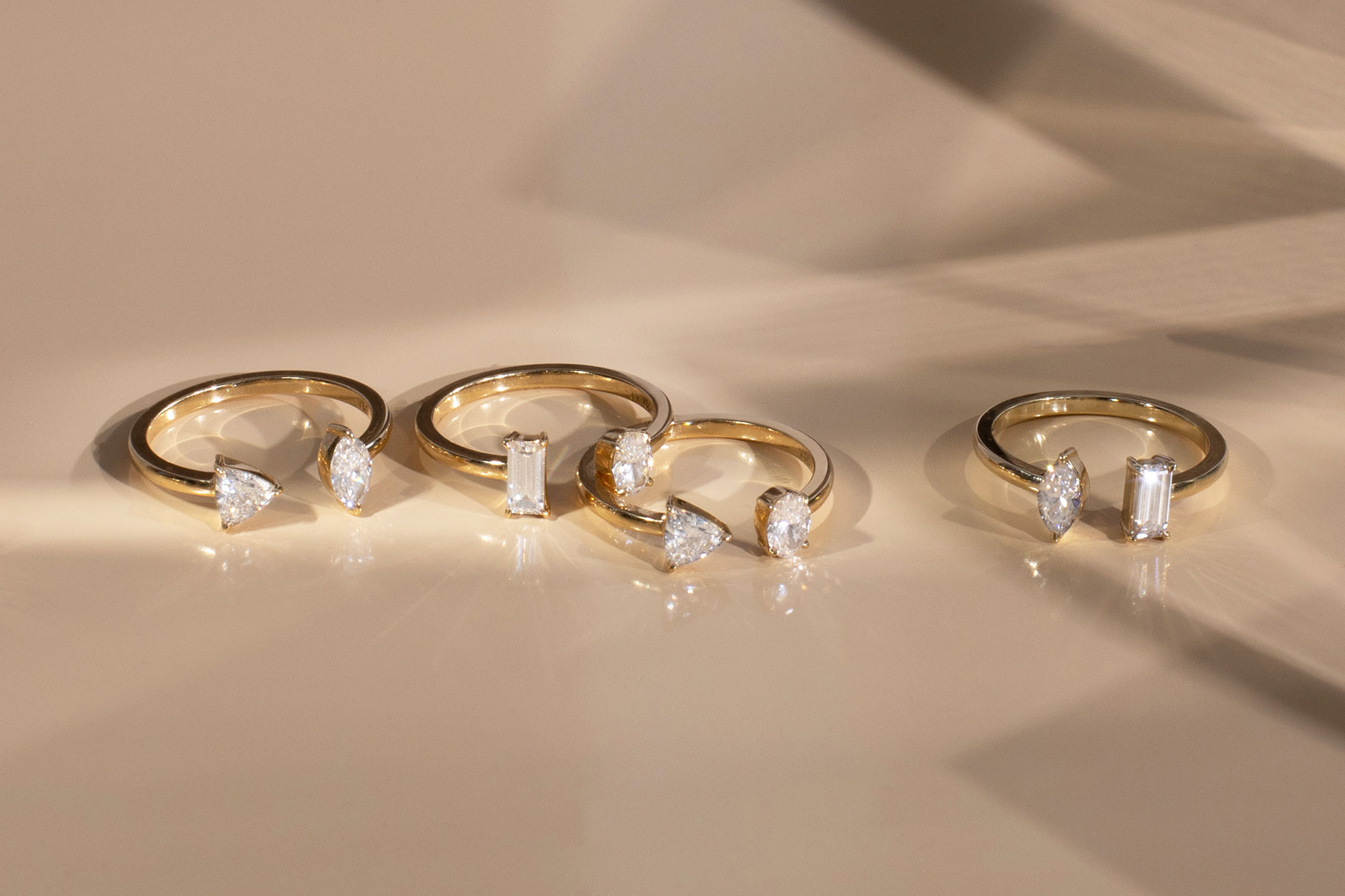
In the realm of modern jewelry, a significant transformation is underway, driven by a growing awareness of ethical practices and sustainability. This movement is particularly pronounced in the market for engagement rings, where couples are increasingly seeking out alternatives that align with their values. The rise of ethical engagement rings marks a shift towards transparency, responsibility, and conscious consumerism within the jewelry industry.
The term ethical engagement ring encompasses more than just a product; it embodies a philosophy that challenges traditional norms of diamond sourcing and production. For decades, the diamond industry has faced scrutiny over issues like conflict diamonds and questionable labor practices. Ethical engagement rings seek to address these concerns by promoting ethically sourced materials and responsible manufacturing processes.
One of the defining features of ethical engagement rings is the use of conflict-free diamonds and gemstones. These stones are sourced from mines that adhere to strict labor and environmental standards, ensuring that they do not contribute to armed conflict or human rights abuses. Additionally, many ethical jewelers offer alternative gemstones that are not only beautiful but also free from the ethical concerns associated with traditional diamonds.
Beyond responsible sourcing, ethical engagement rings often prioritize sustainable and eco-friendly practices. This includes using recycled metals or working with Fairtrade-certified gold and silver. By opting for recycled materials, couples can reduce the demand for newly mined resources and minimize their ecological footprint.
Another aspect reshaping the industry is the emphasis on transparency and traceability. Ethical jewelers are committed to providing detailed information about the origins of their materials, allowing consumers to make informed choices. This transparency builds trust and encourages accountability throughout the supply chain. By openly disclosing sourcing practices, ethical jewelers empower customers to understand the journey of their jewelry, from mine to market. This level of transparency fosters a sense of connection and responsibility, reinforcing the value of ethical engagement rings beyond their aesthetic appeal. Consumers can feel confident knowing that their purchase aligns with their values and contributes to positive change within the industry.
Moreover, ethical engagement rings are crafted with a focus on artisanal skills and craftsmanship. Many ethical jewelers work closely with skilled artisans, ensuring fair wages and safe working conditions. This human-centered approach not only supports local communities but also preserves traditional jewelry-making techniques.
The shift towards ethical engagement rings is also driven by changing consumer preferences. Modern couples are increasingly conscious of the social and environmental impact of their purchases. They value authenticity and meaningful stories behind their engagement rings, seeking products that reflect their values and beliefs.
As ethical engagement rings gain momentum, they are reshaping consumer expectations and industry standards. More established jewelry brands are taking note and integrating ethical practices into their offerings. This shift signals a broader transformation towards a more responsible and sustainable jewelry industry.
In conclusion, the emergence of ethical engagement rings represents a compelling proposal for change within the jewelry industry. By prioritizing ethical sourcing, sustainability, transparency, and craftsmanship, these rings offer a meaningful alternative to traditional options. As consumer awareness continues to grow, ethical engagement rings are poised to become not just a trend but a fundamental driver of positive change in the industry.
